Our Programs
Building Sustainable Solutions That Transform Lives
From strengthening primary health centers to delivering comprehensive school health programs, our work creates lasting change across Nigeria. Each program is designed for sustainability, scalability, and community ownership.
Adopt A Primary Healthcare Centre
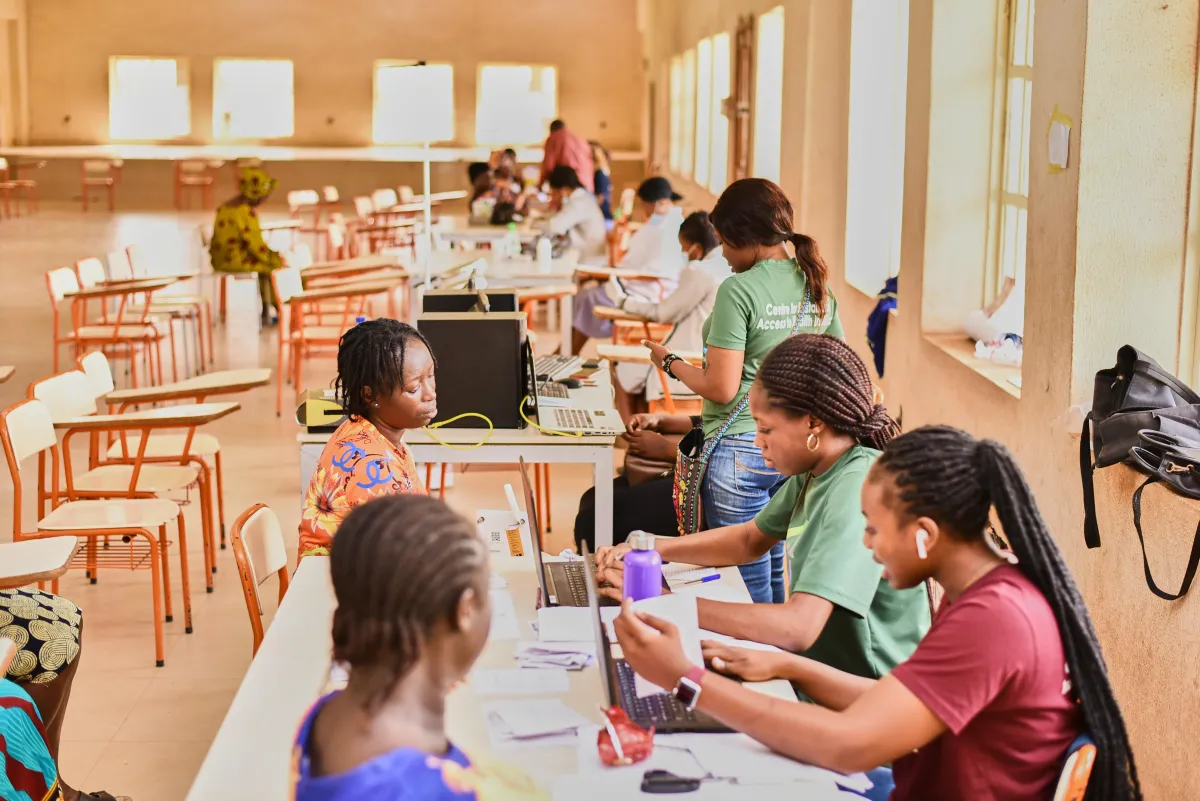
Reimagining Primary Healthcare
Nigeria's healthcare system faces enormous challenges, with more than 80% of Primary Healthcare Centres (PHCs) in a dysfunctional state.
The Adopt a PHC (ADOPH) Programme is transforming this reality by revitalizing centres into fully functional, people-focused wellness hubs that deliver affordable, quality healthcare where it matters most.
Through a Public-Private-People Partnership model, ADOPH strengthens facilities, builds community trust, and ensures sustainability by combining health financing, capacity building, and systems for accountability.
Our Three-Pillar Approach
Transforming a healthcare center requires more than just infrastructure. Our three-pillar approach addresses the full ecosystem of community health—from building facilities and training staff, to establishing affordable insurance, to tackling the root causes of illness in communities.
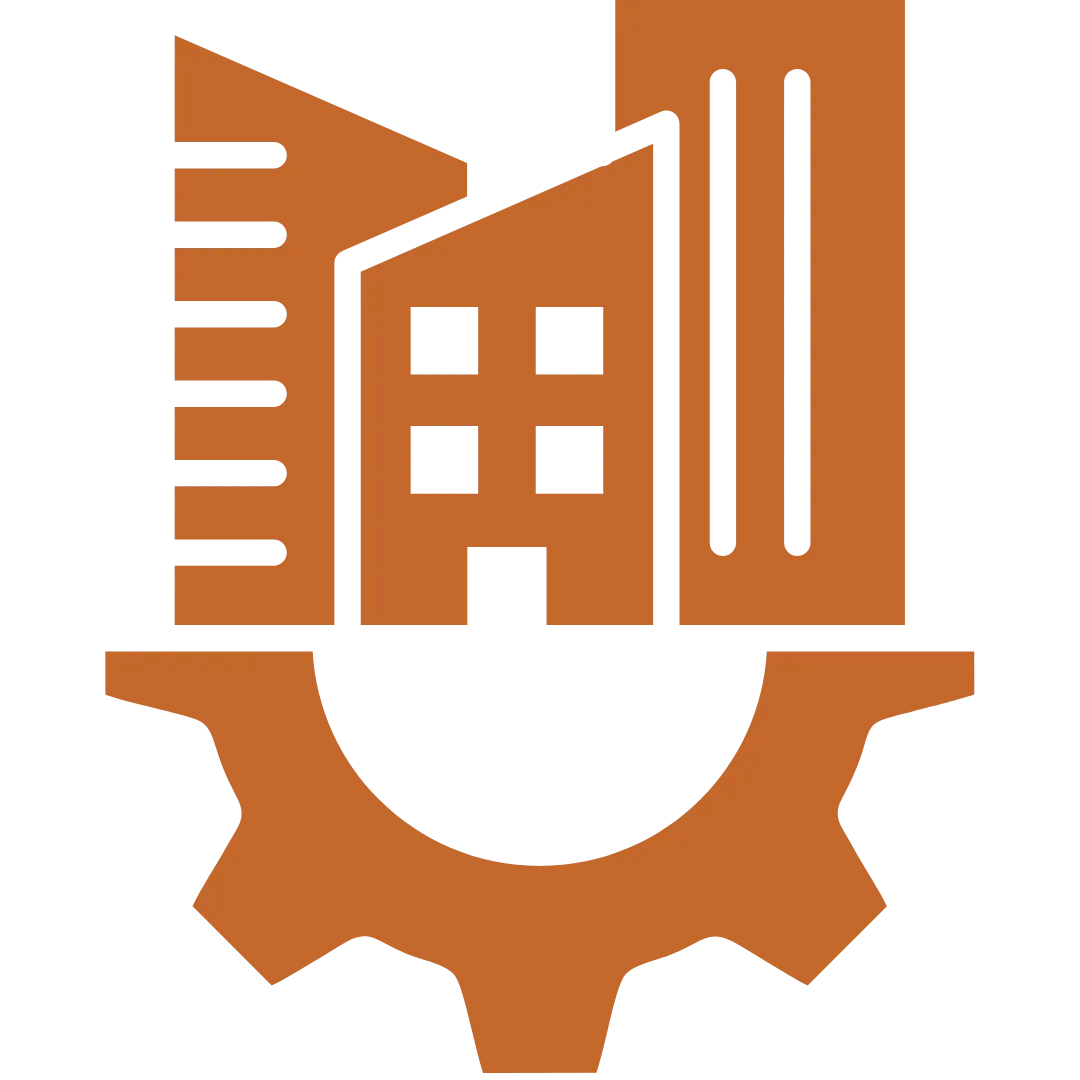
Facility Infrastructure
Upgrade infrastructure, systems, and staff capacity to deliver comprehensive PHC and wellness services with sustainable supply chains
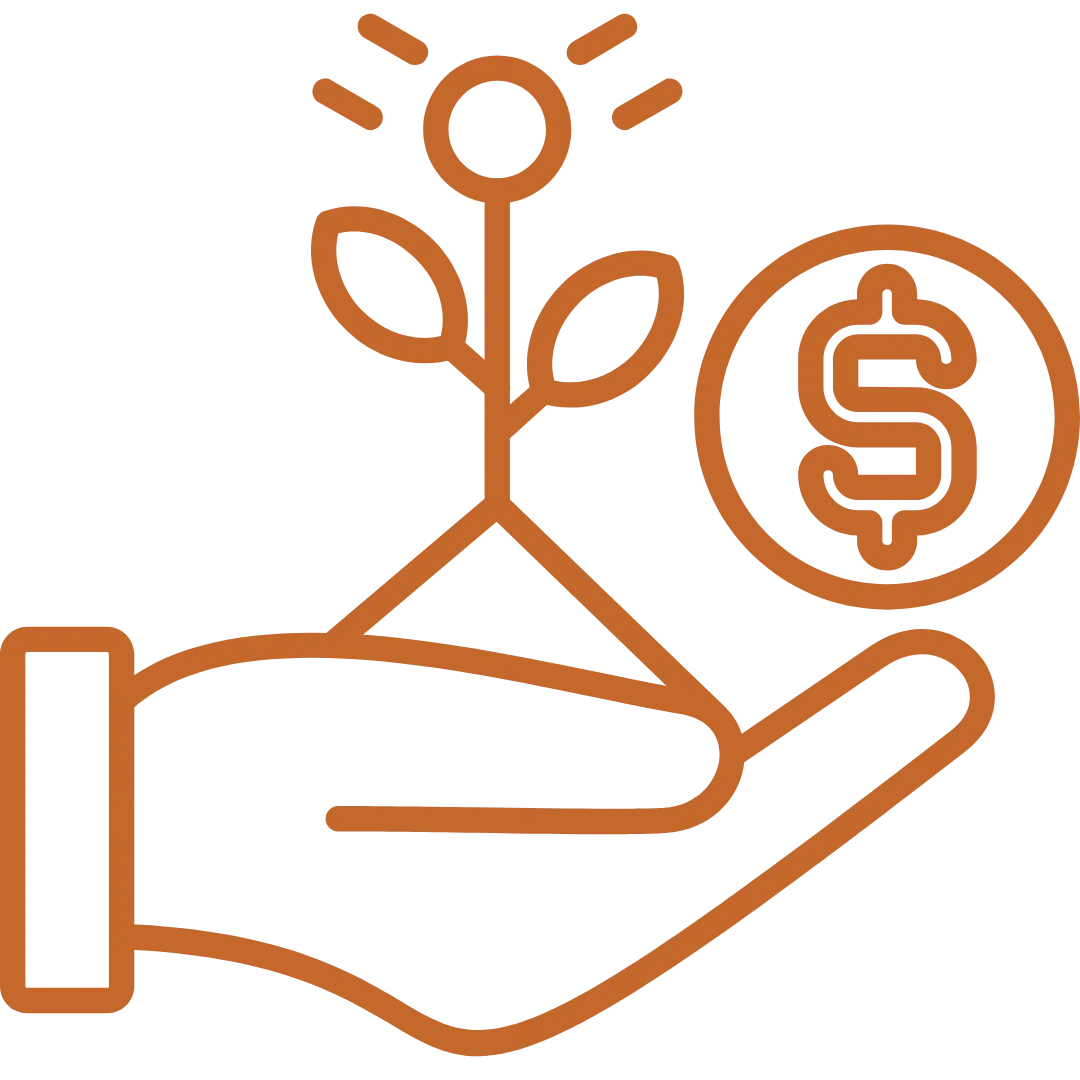
Healthcare Capacity
Train healthcare workers in best practices, provide essential equipment and PPE, and establish quality assurance protocols for patient care

Community Integration
Build community ownership through stakeholder engagement, health education outreach, and sustainable partnerships with local governments
PHC Reached & Assessed
Ikate PHC – Lagos State
Lagelu PHC – Oyo State
Ayekale PHC – Oyo State
Aroro PHC – Oyo State
Igosun PHC – Ogun State
School Health Programs- Healthy Living
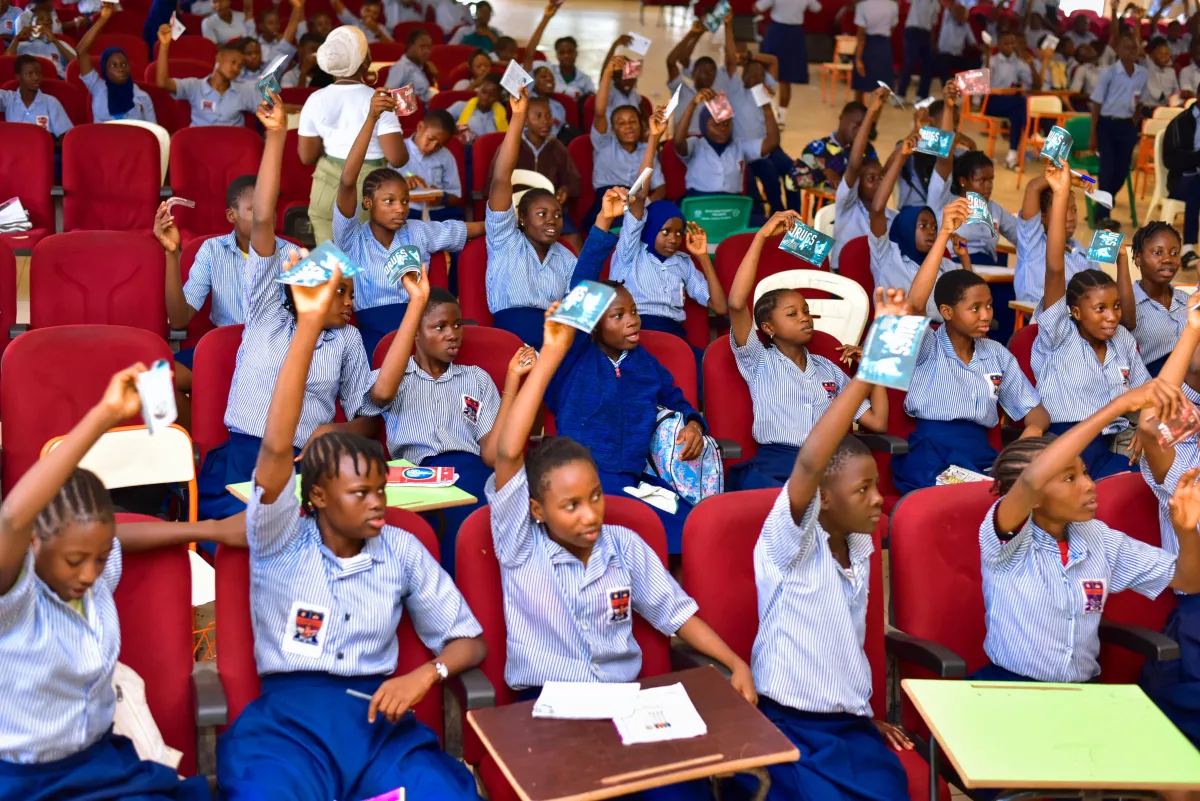
Building Health Systems That Put Communities First
Our School Health Programs creates and nurtures supportive school environments that are critical to promoting and maintaining the health of students, staff, parents, and the wider community through professionally delivered health intervention programmes
Core Program Activities
Each school health intervention includes:
Clinical consultations and anthropometric measurements
Nutritional status assessment and treatment of minor ailments
Tuberculosis screening and treatment
Eye screening, care, and distribution of prescription glasses
Dental examination and treatment
Blood pressure checks, blood sugar tests, and HIV testing for adults
Health education on personal hygiene, substance abuse, and disease prevention
Distribution of IEC materials and first aid supplies
Establishment of school health clubs
Program Locations & Impact
Lakowe, Lagos State (October 2021)
Our first program -The goal of this initiative was to create and nurture a supportive school environment critical to promoting and maintaining the health of all students, staff, parents, and the wider community.
546
Pupils Screened
27
Staff & Parents Screened
27
Prescription glasses distributed
9%
Increase in knowledge & attitudes of good hand hygenie practices
Lagelu Grammar School, Ibadan (June-July 2022)
Following the success of the Lagos School Health Intervention and applying all lessons learned, we delivered our second SHP at Lagelu Grammar School. We also launched The Health and War Against Drug Abuse Clubs
1,100+
Student Reached
52
Staff members engaged
39
Parents actively
Involved
10
Alumni Participated
Ilesa Grammar School, Osun State (October-November 2022)
In partnership with Ilesa Grammar School Old Students Association (ILEGSOSA) and sponsored by the 1971 alumni set, this programme delivered comprehensive health screenings and education to 1,300 students and staff. We are proud that the School Health Club was formally commissioned, and that a War Against Drug Abuse campaign was launched with NDLEA during this program.
1300
Total Participants
Registered
1,194
Students & Adults Screened
1,010
Tuberculosis Screenings Completed
221
Eye & Dental
Screens Conducted
100%
Health Education Cover
Wesley College Practicing Group of Schools
(March 2024)
Implemented to bolster health and educational achievements amidst Nigeria's challenging health landscape. Initiated by CeSAHA and supported by the School 1971 Alumni set and Global Alumni Body.We are proud that the School health club was officially commissioned by Hon. Commissioner of Health
833
Student Participated
676
Pupils Screened
41
Staff members
Screened
90
Parents Engaged
ANLG Primary School, Oke Ago-Owu (July 2025)
In partnership with the Olowu of Owu and the Palace Health Committee, this programme aimed to create a holistic educational experience through improved health outcomes. We are proud that the School health club commissioned by HRM Oba (Prof) Saka Matemilola, and that a Genotype screening was conducted during this program
520
Total Participants
369
Pupils Screened
12
Staff members
Screened
61
Parents Engaged
78
Palace Staff and Community
members
reached
Emergency Preparedness & Disaster Response
Program Overview (EPAD)
Launched in 2019, the E-PAD programme aims to improve quality of life and enhance population health through fit-for-purpose medical emergency response across Lagos State, Nigeria.
The Challenge:
Cardiac arrest is a sudden loss of heart function that can occur anytime, anywhere, and to anybody. Death becomes inevitable without prompt intervention.
70-80% of sudden cardiac arrests occur outside hospitals. For every minute that passes without effective CPR and defibrillation, a victim's chance of survival decreases by
7-10%.
With Nigeria's growing burden of non-communicable diseases and many unrecorded cases of cardiac arrest, the incidence of Out of Hospital Cardiac Arrest (OHCA) and avoidable deaths could be significantly higher.
Our Solution:
Cardiac arrest may be reversible if there is timely intervention with adequate cardiopulmonary resuscitation (CPR) and use of an Automated External Defibrillator (AED). The combination of these actions can restore a normal heart rhythm within minutes.
With effective bystander intervention through Basic Life Support (BLS), CPR, and correct use of AEDs, survival rates can triple to 31.4%.
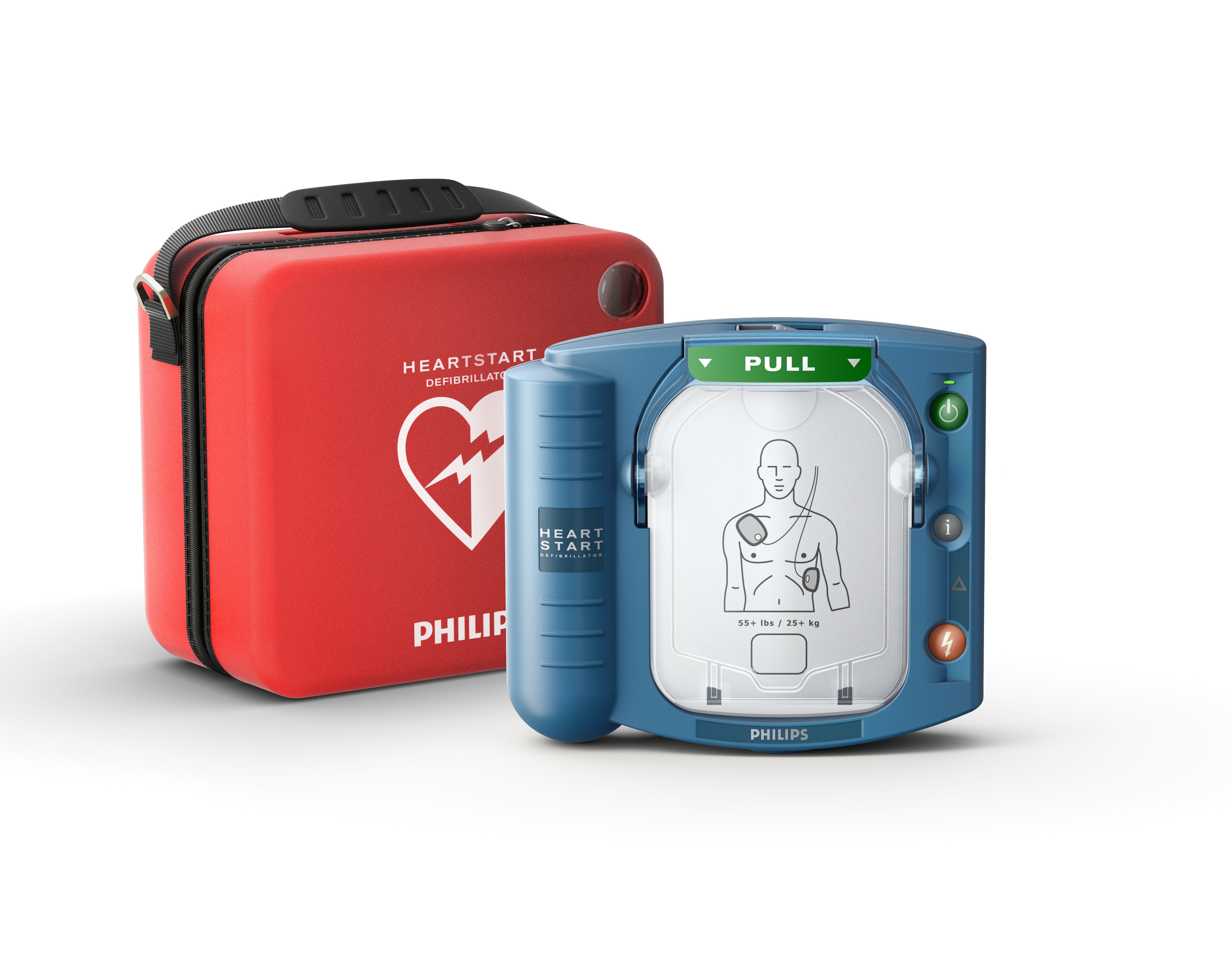
Program Objectives
National AED registry pilot study completed
Public access defibrillation
infrastructure
eestablished
Communityresponders trained in CPR and AED use
Emergency response protocols implemented
Ready to Partner With Us?
Join us in building sustainable healthcare solutions across Africa

© 2026 Centre for Sustainable Access to Health in Africa (CeSAHA)
- All Rights Reserved
+234 703 913 2574